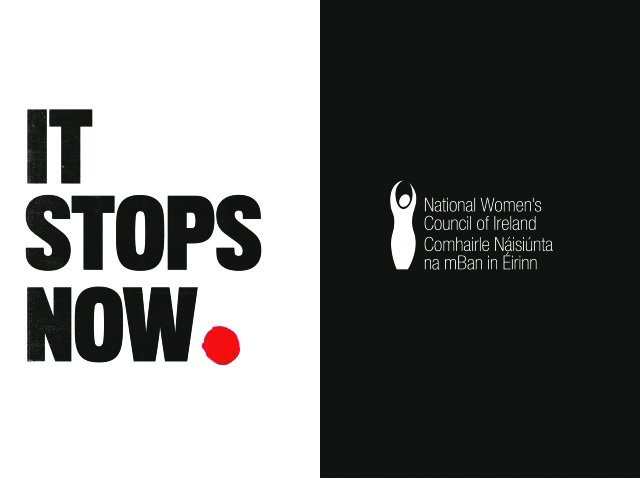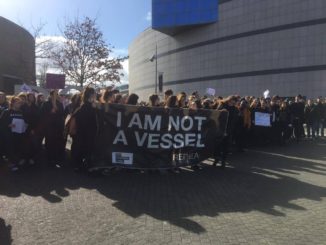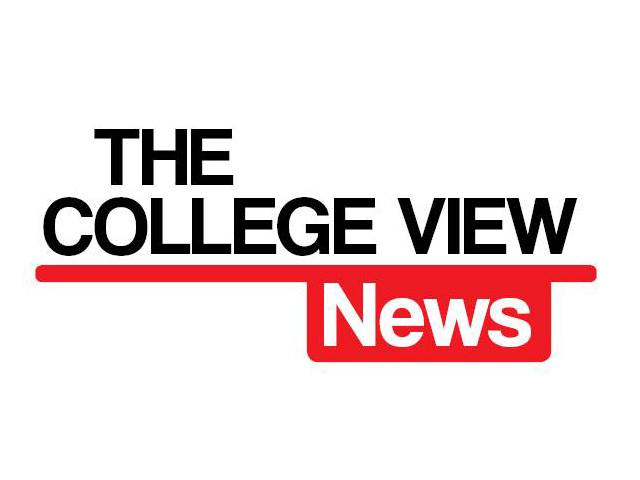
[dropcap]D[/dropcap]CU has lent official support for the It Stops Now campaign which aims to prevent sexual harassment and violence in third level education.
The campaign, launched on April 5th is part of the global Ending Sexual Harassment and Sexual Violence in Third level Education (ESHTE) initiative. It is sponsored by the National Women’s Council of Ireland and the Dublin Rape Crises Centre.
University College Cork and UCD have also lent support with project co-ordinator Jennifer McCarthy Flynn expecting Trinity College and Dublin Institute of Technology to join them.
DCU was the first to sign up to the global initiative in Ireland. ESHTE plan to hold focus groups to develop an Irish relevant programme which emphasises the importance of consent.
Vice President of Welfare and Equality Cody Byrne said that DCU have already worked hard to promote consent this year. They held an eight week programme promoting consent, had two poster campaigns and have organised skits on sexual consent for 2017’s orientation week.
Byrne said that the policies in place in DCU are not sufficient at this time. “I’ve had about 14 cases this year, and it’s not just women… there is support but not as much as I’d like to see.”
Policies on Campus should be stricter acording to Byrne, and accusations should be taken more seriously. He thinks that it should be “reported as a crime rather than ‘let’s investigate to see if it actually happened first and then we’ll act on it.’ I think that it’s offensive to the individual who is reporting it to assume that there is the potential that they’re lying.”
According to ESHTE more than 30 per cent of students reported feeling sexually harassed or intimidated while 16 per cent experienced unwanted sexual attention.
Byrne is skeptical of these figures “It’s hard to define, we’ve all been in instances where we’ve been creeped out… you can’t do what you want, it’s the idea, this sense of entitlement, this ‘I deserve this’,
“I would think that every one of us has had an unwanted sexual experience at one point…But the serious ones I think, are probably higher.”
More colleges are hoped to join the campaign later this year with a similar programme planned for secondary schools.
Callum Lavery
Photo Credit: NWCI



